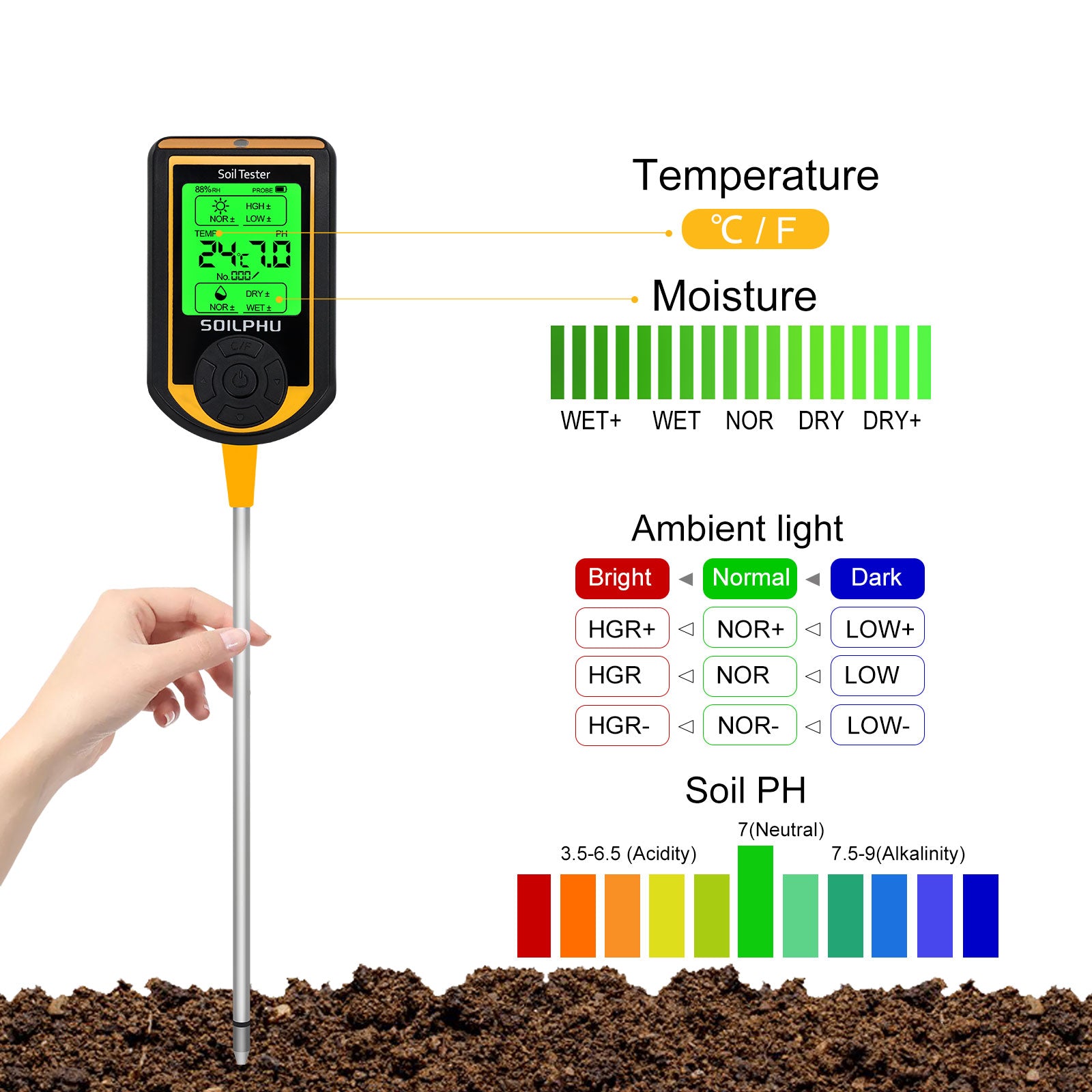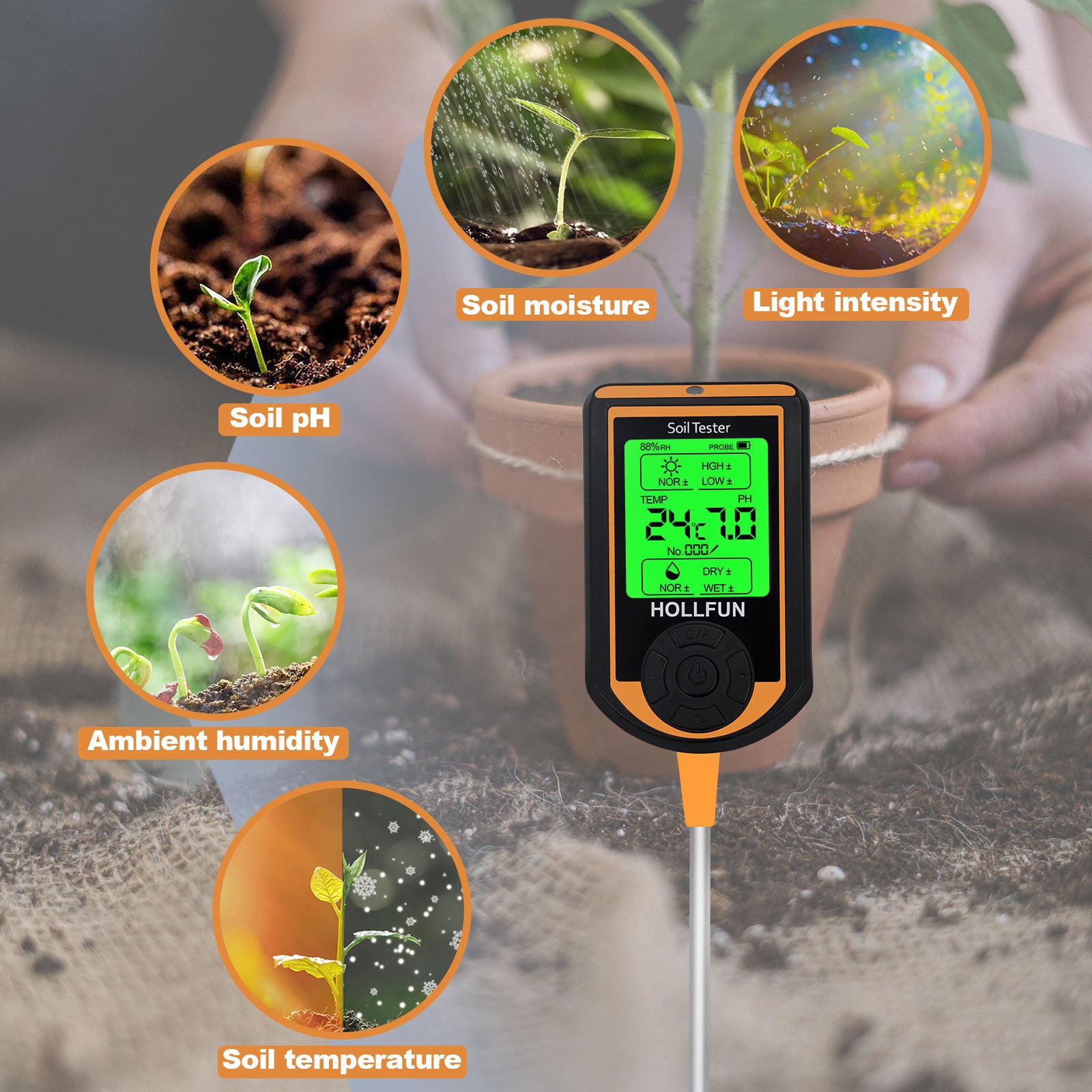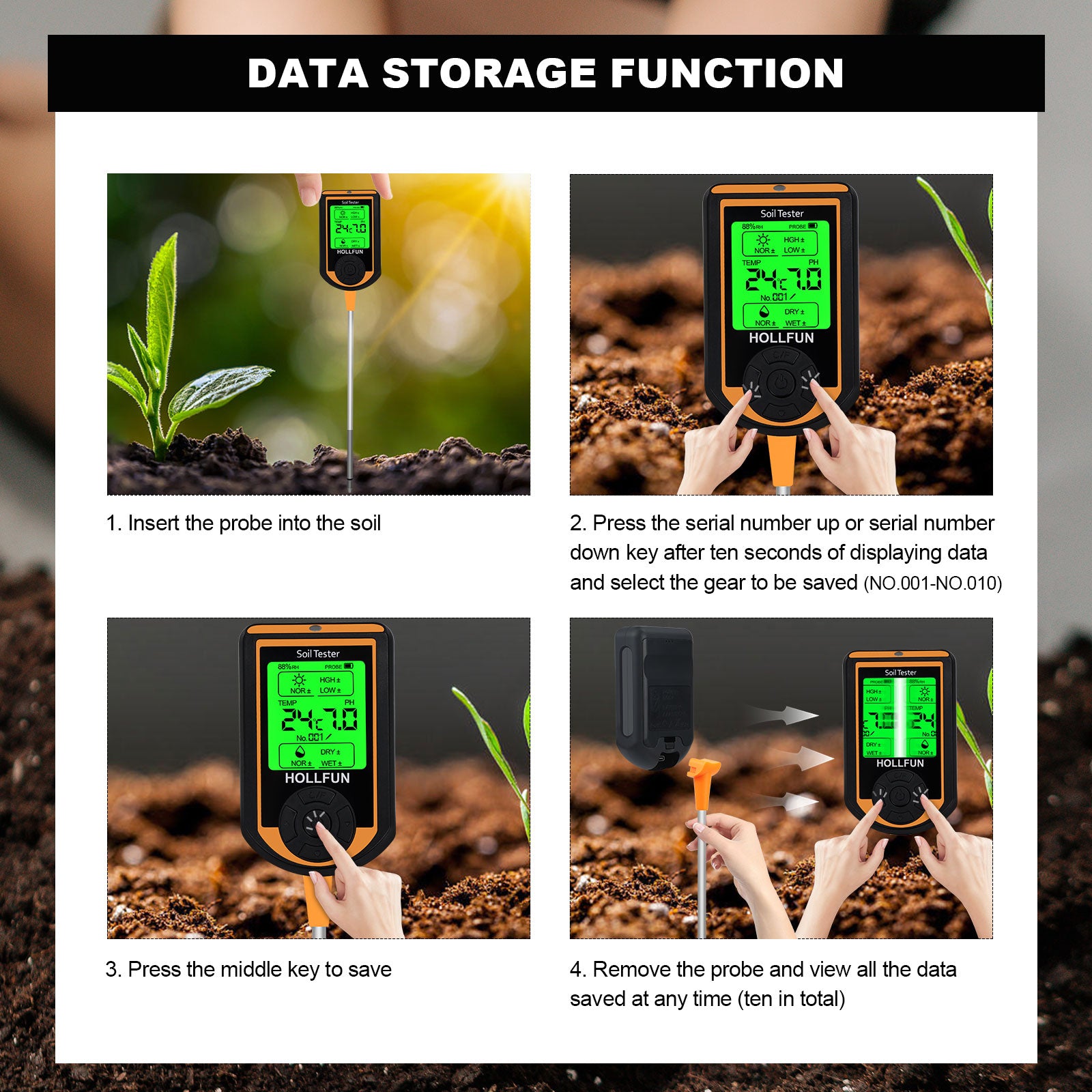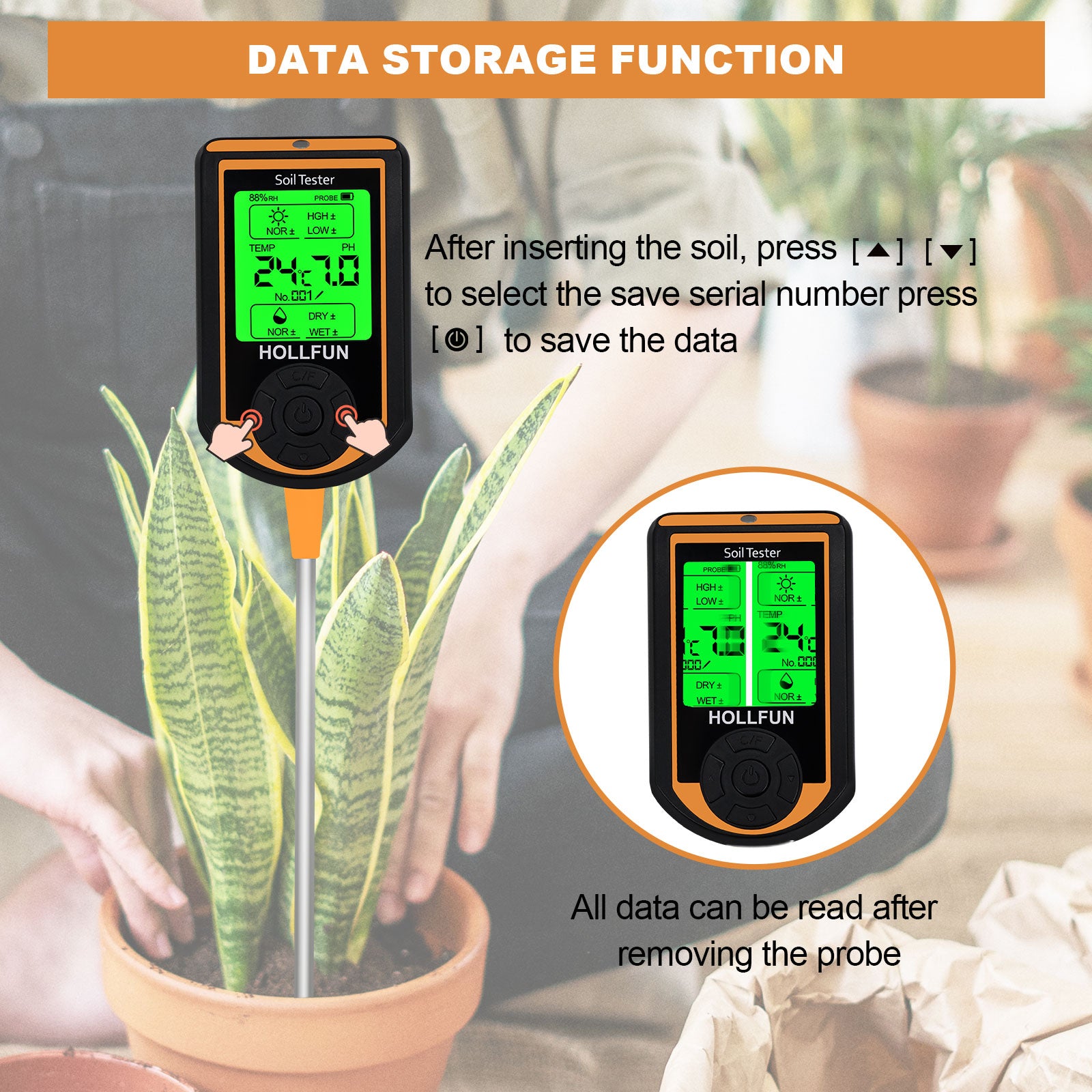The protagonist of this article is Rice Husk Charcoal. When added it to the soil during planting, it can effectively reduce the impact of miscellaneous bacteria on plants, thereby reducing the occurrence of root rot.
Introduction to Rice Husk Charcoal
- Rice Husk Charcoal is the substance formed by heating rice husks to their ignition temperature, resulting in the incomplete combustion of rice husks to form a carbonized material. Its main component is silicon dioxide, which is similar to soil composition.
Characteristics of Rice Husk Charcoal
- Rice Husk Charcoal is porous, allowing good air permeability and drainage, increasing oxygen supply to the roots.
- It enhances heat absorption, promotes plant growth, and reduces the occurrence of cold damage.
- With a pH value greater than 7, it can be used to adjust soil pH.
- Promotes the effectiveness of phosphorus, potassium, calcium and magnesium, especially for the high content of phosphorus and potassium.
- Assists plants in water absorption, resulting in thicker and healthier leaves.
- Strong adsorption capacity, absorbs mycotoxins and reducing nutrient loss.
- Exhibits fungicidal and ion exchange effects, effectively preventing root rot in plants.
- Sprinkling around plants on the soil surface can effectively prevent insect infestations.
How to Use Rice Husk Charcoal
- For acidic potted soil: Since the soil components such as peat and coconut coir used in potting are acidic, adding less than 5% of rice husk charcoal to the medium will maintain a weak acidic overall pH.
- For alkaline potted soil: In contrast to acidic soil, when preparing alkaline soil, increase the amount used, with rice husk charcoal occupying around 10% of the total medium.
- It is crucial to note that rice husk charcoal must be uniformly mixed with other media during soil preparation, rather than being sprinkled on the soil surface or unevenly mixed after planting.











